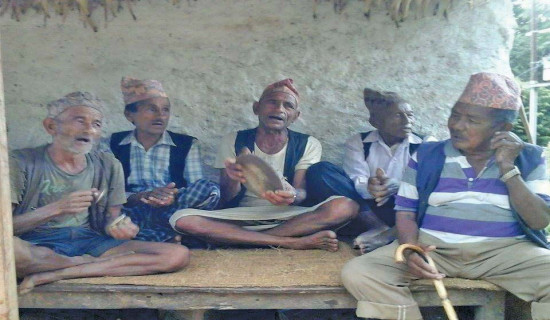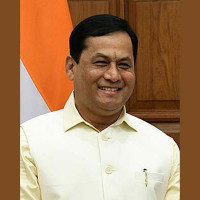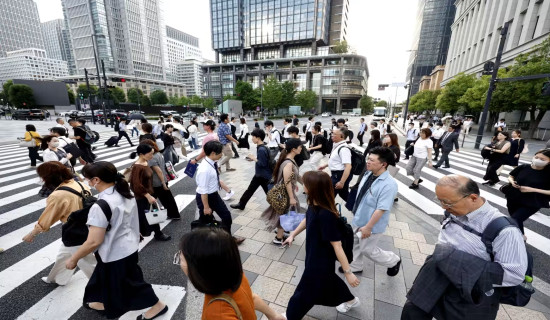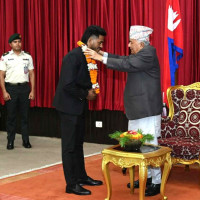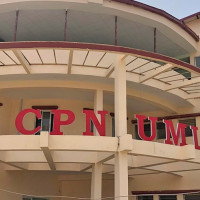- Thursday, 7 August 2025
6 books compete for nonfiction ‘winner of winners’ prize
London, Mar. 10: Books that explore subjects from William Shakespeare and The Beatles to the lure of Mount Everest and life inside one of the world’s most secretive states are competing to be named the best-ever winner of Britain’s leading nonfiction book prize.
The Baillie Gifford Prize is marking its 25th year with a Winner of Winners prize. Three American writers, two from Canada and one from Britain are on the shortlist announced Thursday for the 25,000 pound ($30,000) trophy.
The prize was launched in 1999 to reward English-language books from any country in current affairs, history, politics, science, sport, travel, biography, autobiography and the arts.
Judges have chosen six of the 24 past winners of the award — known until 2015 as the Samuel Johnson Prize — as finalists for the one-off accolade. The winner will be announced April 27 at a ceremony in Edinburgh, Scotland.
The eclectic shortlist includes cultural kaleidoscope “One Two Three Four: The Beatles in Time” by Craig Brown, the only U.K. writer on the list. Books by Canadians are Wade Davis’ mountaineering odyssey “Into the Silence” and Margaret MacMillan’s history of the post-World War I peace talks, “Paris 1919.”
The U.S. finalists are Barbara Demick’s “Nothing to Envy: Real Lives in North Korea”; Patrick Radden Keefe’s “Empire of Pain,” about the Sackler family and its links to the opioid crisis; and James Shapiro’s “1599: A Year in the Life of William Shakespeare.”
Just two of the six books are by women, reflecting a historic imbalance in nonfiction publishing that prize organizers say is being rectified. In the past decade, 40% of the prize winners have been women.
Editor Jason Cowley, chair of the judging panel said that despite their disparate topics, “there is a family resemblance” among the six books.
He said the works combine literary distinction with “a kind of formal innovation.”
“All the books are very good at conveying what Hilary Mantel called the atmospheric pressure of the times,” he said. (AP)



